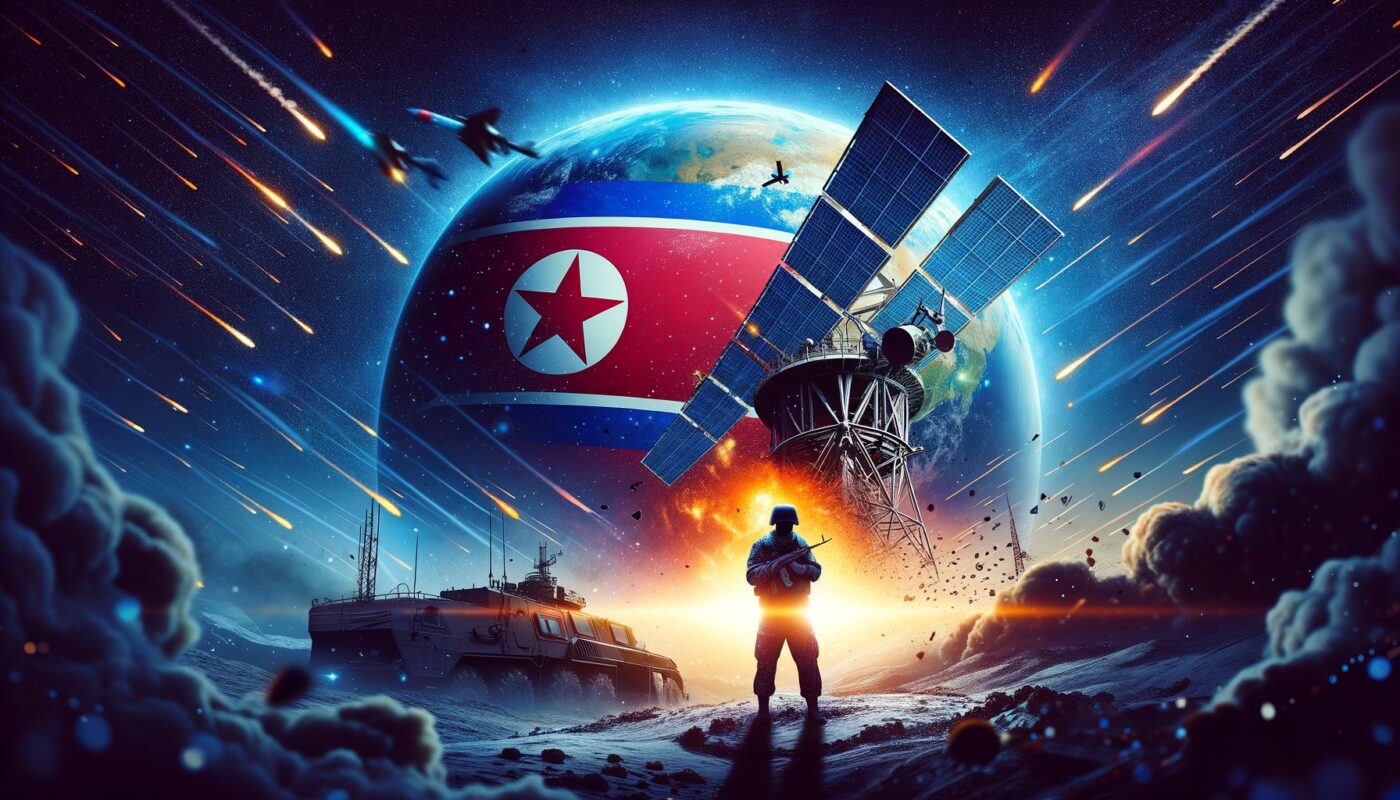Russia’s potential sharing of satellite technology with North Korea has caught international attention after U.S. Secretary of State Antony Blinken issued a warning regarding this military exchange. This revelation follows a pattern of defense collaborations between these two nations, raising concerns globally about the implications for the ongoing conflict in Ukraine.
Satellite Technology in Exchange for Troops
In a press briefing in Seoul, Blinken revealed that the U.S. has strong reasons to believe that “Moscow intends to share advanced space and satellite technology with Pyongyang.” This exchange would be part of a deal for North Korea to send troops to support Russian operations in Ukraine. The introduction of North Korean soldiers could significantly bolster Russian military efforts, potentially influencing the course of the conflict.
North Korea, under Kim Jong Un’s leadership, has long struggled with satellite launches, seeing multiple failures in recent years. With Russian technological assistance, North Korea could overcome these challenges, significantly enhancing its military capabilities to identify and potentially strike targets more effectively.
Escalating Military Cooperation
The relationship between Russia and North Korea has been under scrutiny, especially after both nations signed a strategic partnership agreement last year. This agreement promises mutual support in the event of aggression, aligning their military interests closely.
Reports suggest that North Korea has already sent thousands of troops to assist Russia. In exchange, Moscow has been accused of providing military equipment and training to North Korean forces. Such arrangements have led to increased tensions, as neighboring countries and global powers monitor the developing alliance between Pyongyang and Moscow.
Global Reactions and Implications
The potential satellite tech exchange has sparked debates among international leaders about its consequences for regional security. The United States and its allies, who have long accused Russia and North Korea of illicit arms trading, are particularly concerned about the shift in military dynamics.
The enhanced capabilities from satellite technology could allow North Korea a stronger strategic edge, affecting its interactions with adversaries like the U.S. and South Korea. In an event where North Korea achieves a successful satellite launch with Russian help, the balance of power in the region could significantly shift.
Related Developments and Concerns
Parallel developments have also seen Ukraine mounting courageous defenses against these joint military efforts. For instance, Ukrainian forces have launched a bold counterattack in Kursk, which could serve as a potential turning point in the conflict. For more on this strategic move, consider exploring our detailed article on the Ukrainian counterattack in Kursk.
Additionally, the impact of North Korean military involvement in Kursk sheds light on the potential losses faced by Russia, further complicating international relations and strategic military balance.
The geopolitical landscape in Europe is also undergoing shifts, as illustrated by Ukraine cutting Russian gas transit, reshaping energy dependencies and strategic alliances.
The alarming news of Russia possibly aiding North Korea with satellite technology in exchange for military support underscores the evolving and unpredictable nature of international relations. As global tensions rise, the focus remains on how these developments will affect ongoing conflicts and the broader strategy for peace and security worldwide. The international community’s response to these cooperative efforts between Russia and North Korea will likely dictate the next phases in this complex global chess game.
Warning : This information is indicative and without guarantee of accuracy. Consult a professional before making any decision.





